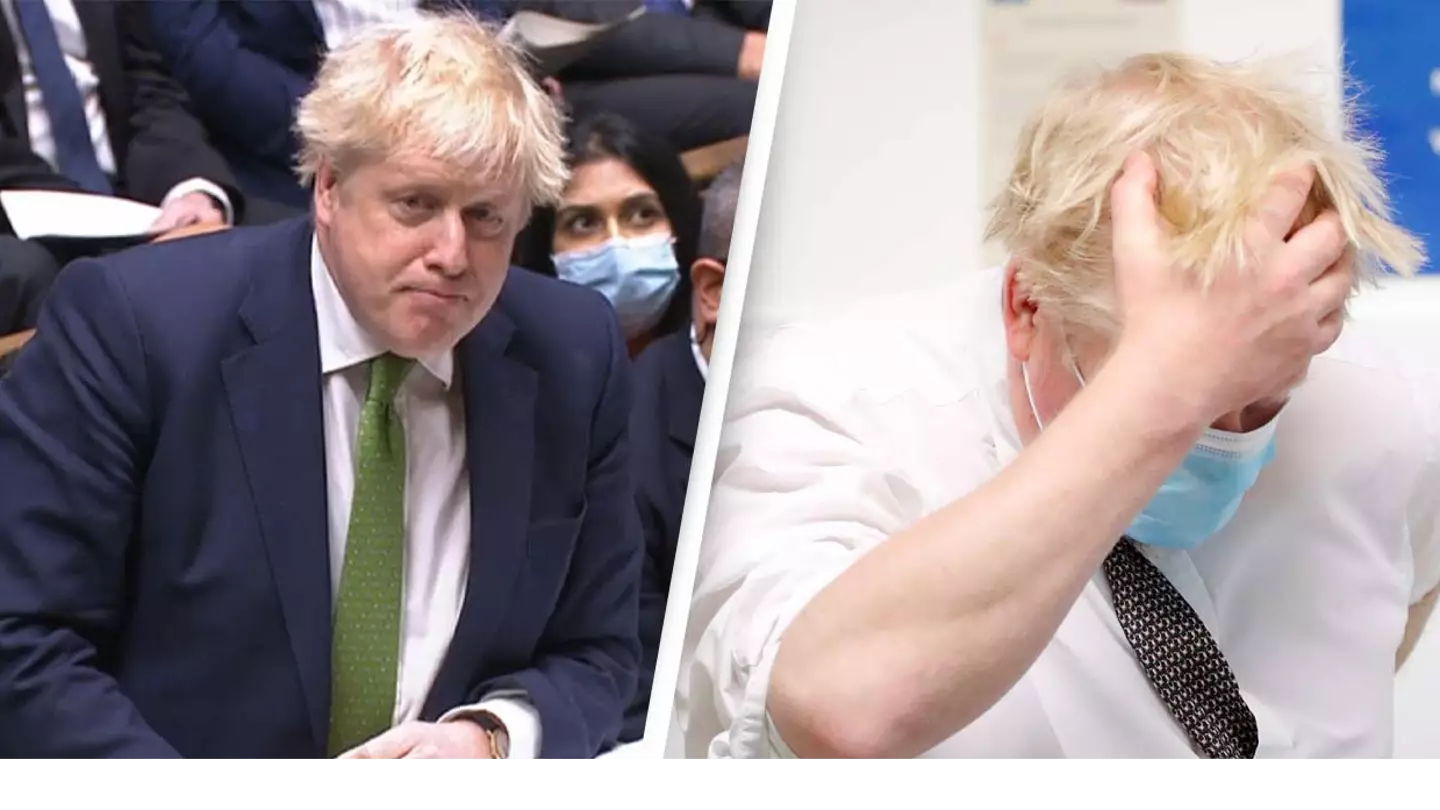

As Boris Johnson clings to power amid the seemingly endless ‘partygate’ revelations, there’s now open talk of his own MPs plotting to remove him.
Despite calls from all sides of the political spectrum for Johnson to resign, it’s probably not going to be that simple. Instead, it’s more likely that his own party will act to replace him by electing a new leader, who would then take over as prime minister.
So how would that actually work? It’s a process that can seem a bit complicated from the outside, and there are plenty of hurdles between wanting to get rid of a prime minister and actually succeeding in doing so.
Advert
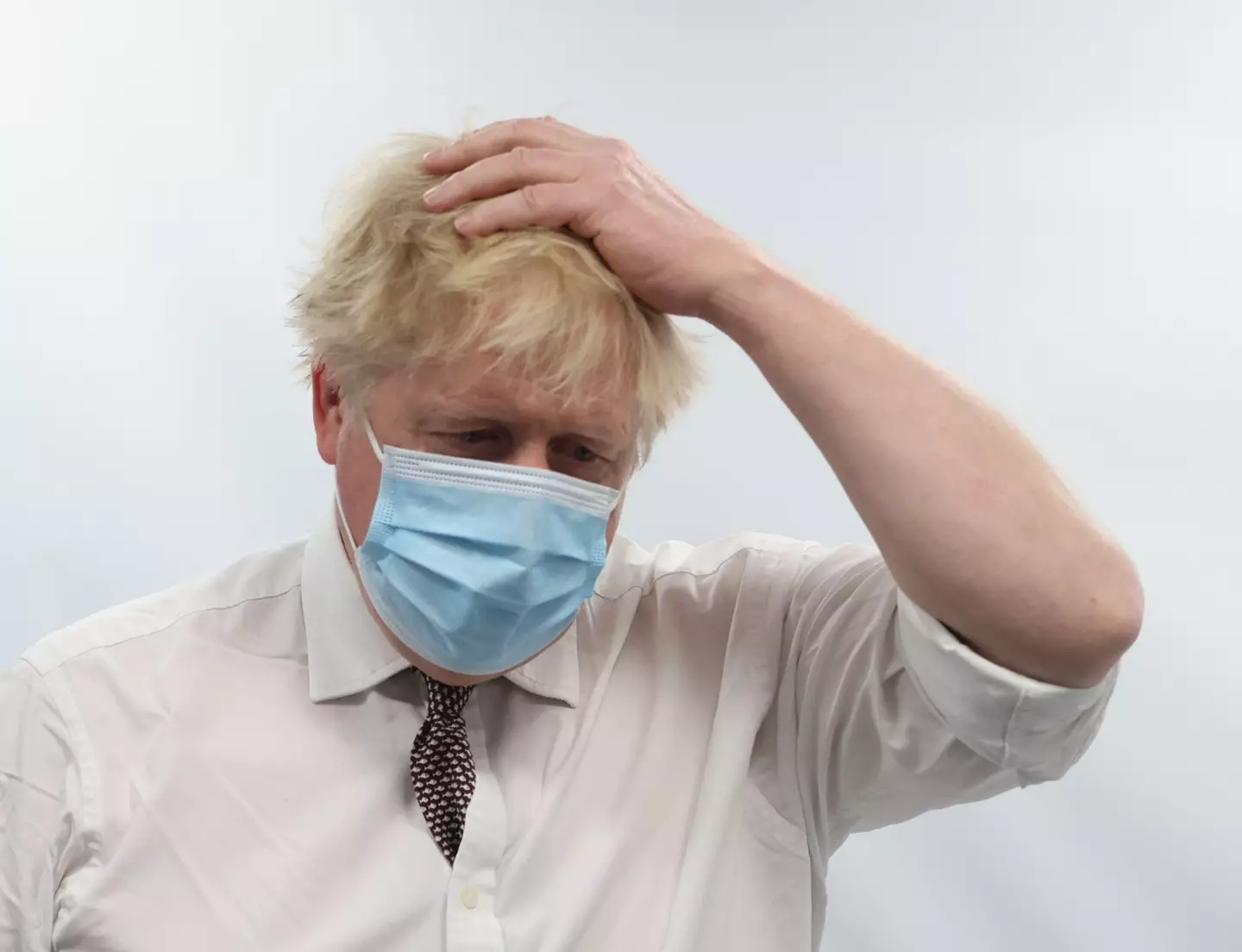
To get the ball rolling, Conservative MPs need to hold a vote of no confidence in Johnson. This vote is triggered once enough of Johnson’s own MPs have sent a letter of no confidence to Sir Graham Brady – the MP who chairs the 1922 committee, which represents all backbench Tory MPs.
To trigger the vote, at least 15% of Tory MPs must send in letters. At the moment, that means 54 MPs need to confirm in writing that they no longer support Johnson as Conservative leader.
The identity of those who send in letters is kept private unless the MPs in question choose to reveal themselves. At a time like this, the secret nature of the process can cause chaos within the party, as allies frantically try to figure out who has submitted a letter and who might be preparing to do so.
To add to the confusion, MPs can send letters in at any point. So, for example, 53 MPs could send in letters today, and we’d get nowhere. But if one more MP decided to send in a letter, say, two weeks from now, that would put the number over top and trigger a vote.
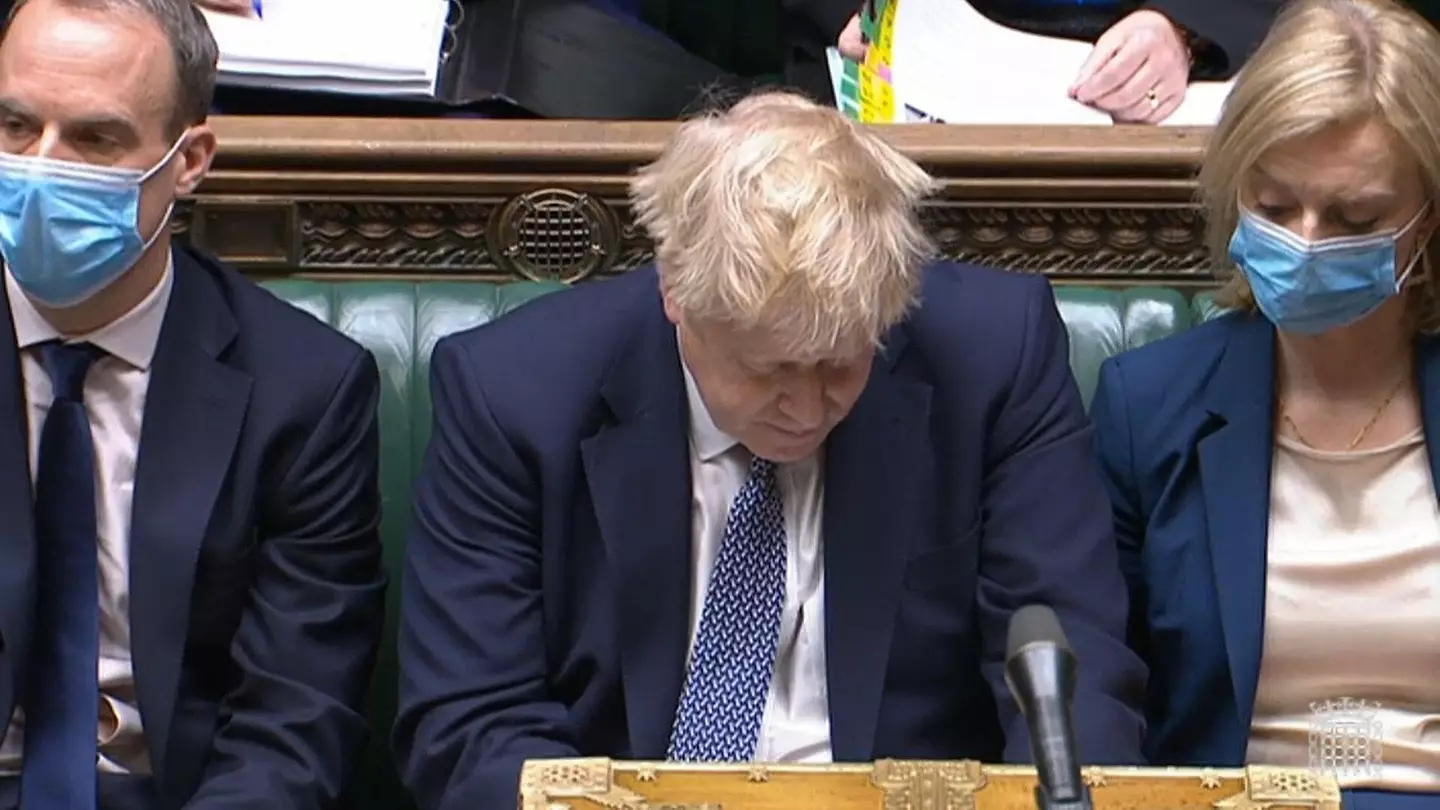
On the flip side, MPs can also withdraw letters at any point if they change their minds, and are often pressured by government whips to do so.
Now, let’s say that the 54-letter threshold is met. What happens next?
Simply put – a vote of no confidence would see all sitting Tory MPs asked to vote in support of the prime minister, or against him. If more than 50% of MPs vote against him, he would be required to step down, and a leadership challenge would begin.
There’s a catch, though – if Johnson was to survive the no confidence vote, another challenge would not be allowed for the next year. This is what happened in December 2018, when Theresa May won a no-confidence vote, allowing her to remain in post (though she ultimately resigned just six months later, paving the way for Johnson to take over).
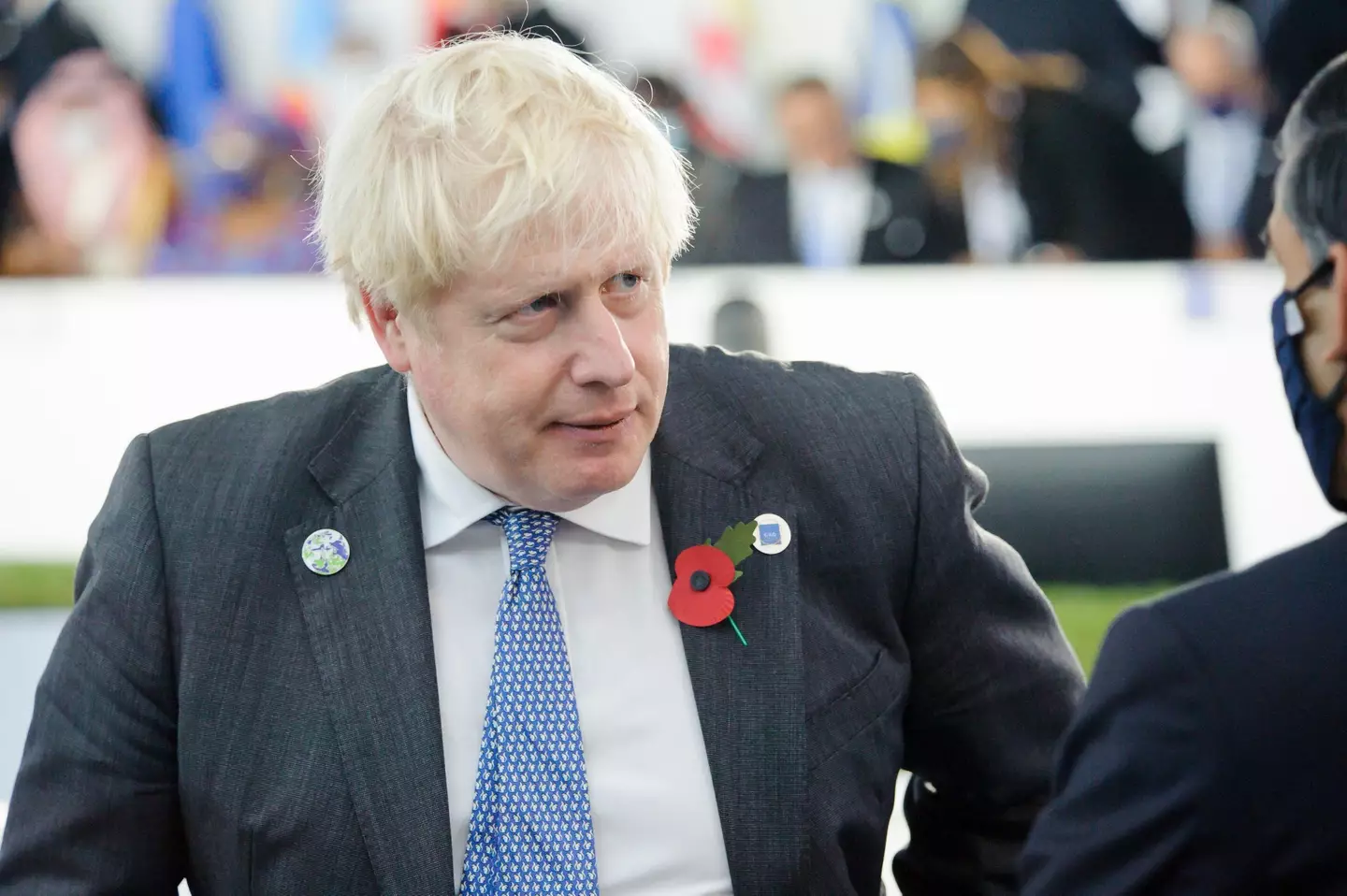
If Johnson were to lose (by no means a guarantee), it’s likely he would stay in post until a new leader was elected, though he could choose to step down immediately and leave an interim prime minister in charge (most likely Dominic Raab).
Here’s where things start to get complicated. The process to elect a new Tory leader (and therefore a new prime minister) would likely take well over a month, with a whole host of potential candidates throwing their hat into the ring.
During the last leadership election, 10 candidates were nominated, with subsequent ballots of MPs eliminating candidates with the least number of votes, until two were left to be voted on by members of the Conservative party around the country.
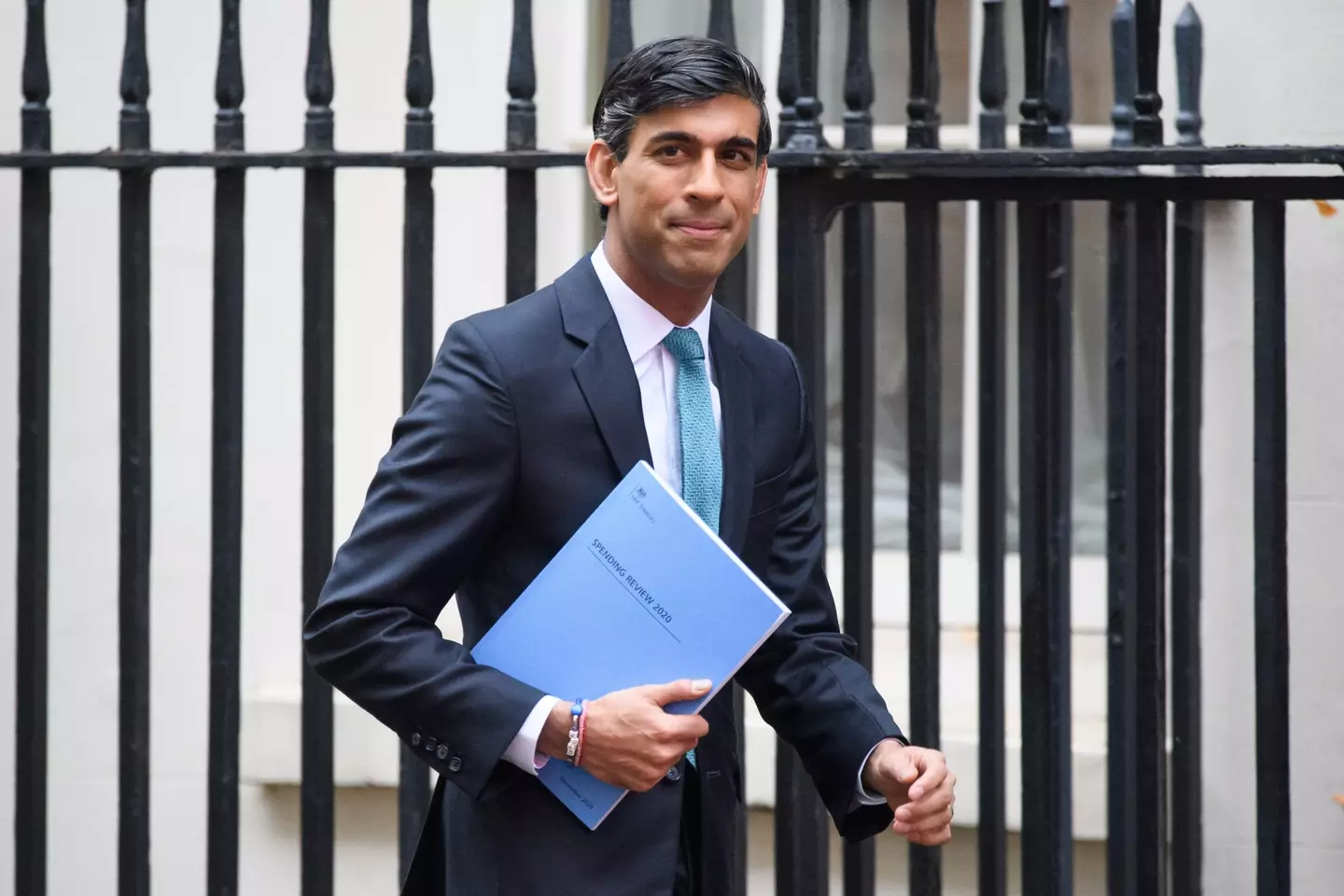
The process would be similar this time around, with Chancellor Rishi Sunak currently the odds-on favourite to take the reins. Other candidates thought to be sizing up the opportunity include Foreign Secretary Liz Truss, Education Secretary Nadhim Zahawi, and former health secretary Jeremy Hunt, who ran against Johnson in 2019.
Of course, it’s possible that an upcoming report into allegations of illegal parties in Downing Street could result in Johnson offering his resignation himself, in which case a vote would be unnecessary, and MPs would move straight to the leadership contest.
But while nothing is certain, a no confidence vote is the most likely way that we’ll see him toppled from his throne just two-and-a-half years after he won his own leadership challenge.
If you have a story you want to tell, send it to UNILAD via [email protected]
Topics: Boris Johnson, Politics, UK News, Now
